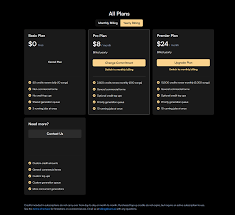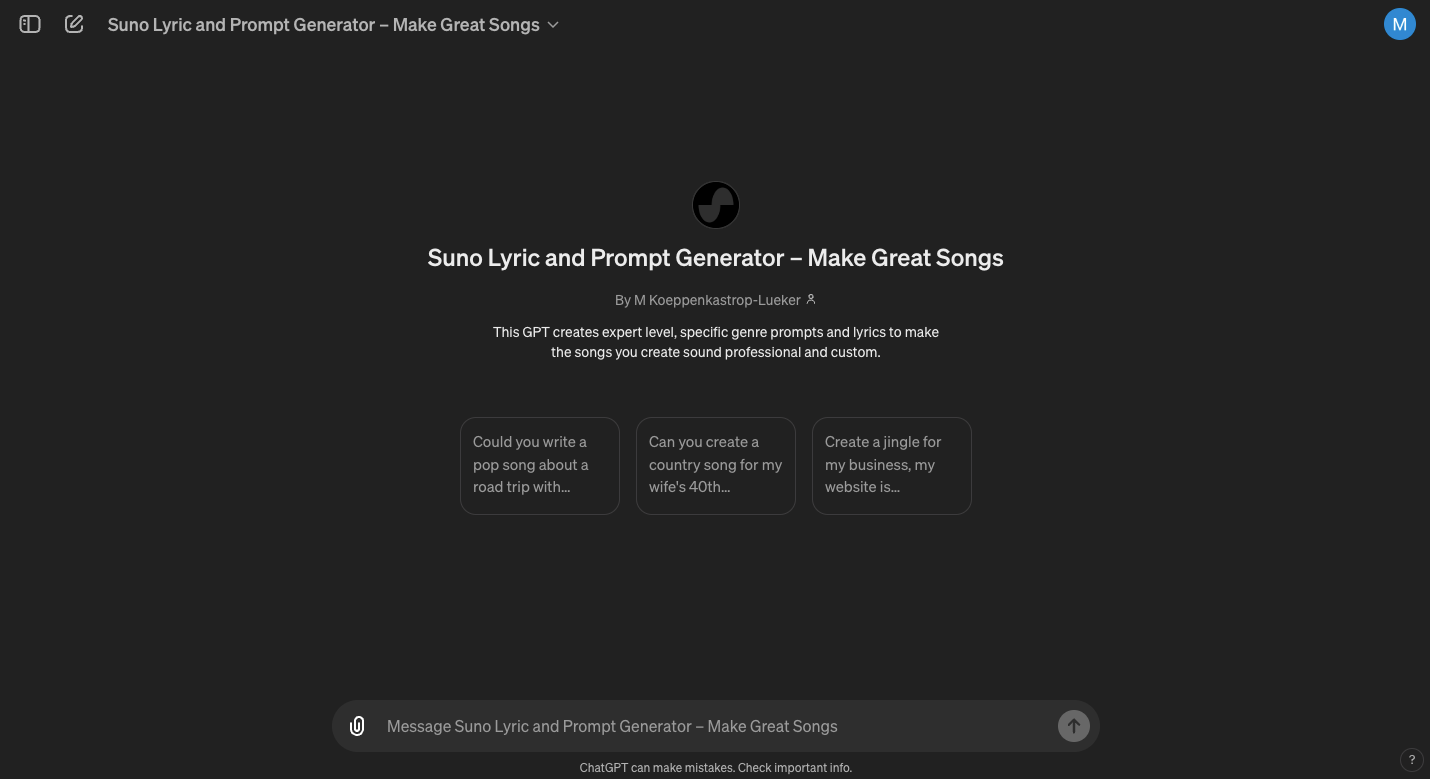The tech world is buzzing with Skywork’s latest announcement: the launch of Mureka V7 and TTS V1, two groundbreaking AI systems poised to reshape how we interact with sound. These tools aren’t just more powerful—they’re more emotionally aware. As the line between machine and human creativity continues to blur, Skywork is pushing it further with innovations that could redefine the future of voice generation and music composition.
Let’s unpack what these tools do, why they matter, and how they signal the beginning of a new era in emotionally intelligent AI music and voice.

What Makes Mureka V7 and TTS V1 Different?
Skywork has taken a bold step into the realm of emotionally responsive artificial intelligence. While many existing tools can generate melodies or synthesize speech, Mureka V7 and TTS V1 are designed to replicate the emotional nuance behind every beat and syllable.
Mureka V7 is Skywork’s flagship AI music model, now in its seventh generation. This version builds on previous iterations by integrating a multi-emotion embedding engine that allows it to understand and reflect complex human emotions through rhythm, tone, and harmony. Whether it’s melancholic piano or uplifting synth-pop, Mureka V7 doesn’t just generate music—it captures feeling.
TTS V1 is a neural text-to-speech model that emphasizes emotional inflection in spoken language. It can dynamically adjust vocal characteristics like pitch, speed, and breathiness based on context and emotion. That means a single sentence can sound sincere, sarcastic, anxious, or joyful—depending on what you want it to convey.
This emotional layer is what sets them apart from earlier, more mechanical-sounding AI tools.
Real Use Cases That Prove the Impact
Skywork didn’t just build these models for tech demos. They’re already being used in real-world applications:
Game development: Indie studios are using Mureka V7 to compose adaptive background music that changes with the narrative mood, enhancing immersion. A recent project demoed at the Tokyo Indie Game Fest used Mureka-generated scores that shifted from serene to suspenseful in real time.
Voice-driven storytelling: Podcasters and audiobook creators have adopted TTS V1 to bring characters to life with emotionally expressive narration. One beta tester, narrating a sci-fi thriller, noted that “the AI actually sounded like it cared.”
Virtual companions and social AIs: Companies building AI friends, chatbots, and tutors have turned to TTS V1 to make interactions more human. This is crucial for emotional bonding, especially in mental health and education applications.
The Tech Behind the Emotion
Both Mureka V7 and TTS V1 rely on transformer-based architectures—similar to what powers GPT-4 or MusicLM—but with additional emotional context embeddings.
Mureka V7 processes emotional tags such as “nostalgic,” “triumphant,” or “anxious,” which can be user-defined or inferred from input text or visuals. This allows creators to guide compositions on a deeply personal level.
TTS V1 uses an adaptive feedback loop trained on over 100,000 hours of emotionally diverse speech. This includes theater readings, multilingual news broadcasts, and real-world conversation samples—making its vocal output impressively nuanced.
Skywork has also embedded an ethics module that flags manipulative emotional cues—important in an age where emotionally realistic AI could potentially be misused.
Why Emotionally Intelligent AI Music and Voice Matters
Emotion is central to how we connect with sound. A song without feeling is just noise. A voice without empathy is just text read aloud. The growing need for emotionally intelligent AI music and voice stems from a deeper human desire: to feel understood by our technology.
This is why Skywork’s move is so significant. They’re not just automating content creation; they’re enhancing emotional resonance between humans and machines. That matters in everything from entertainment to education, healthcare, and beyond.
Market Implications and Industry Reactions
The release of these tools is already making waves in both the creative and tech communities:
According to a 2025 report by PitchBook, the global market for emotionally intelligent AI is expected to reach $6.8 billion by 2027, with music and voice AI leading the charge.
Leading audio tech brands like Adobe Audition and Descript are reportedly exploring integrations with Skywork’s models, according to sources close to the companies.
Music producers, especially in K-pop and J-pop, are experimenting with Mureka V7 to test hybrid workflows that combine human performance with AI-arranged orchestration.
In short, Skywork’s latest launch is setting a new benchmark—and others are scrambling to catch up.
Addressing Ethical Concerns
As with any AI innovation, there are valid concerns to consider:
Voice cloning risks: While TTS V1 is powerful, Skywork has implemented voiceprint verification to prevent unauthorized replication of real voices.
Authenticity in music: Will fans still value songs made with Mureka? Early feedback suggests yes—as long as there’s human vision behind the prompt.
Emotional manipulation: Tools that can fake empathy raise questions about misuse in ads or politics. Skywork claims it has built-in emotion thresholds and transparency tags to mitigate this.
What’s Next for Skywork?
Skywork plans to open API access for both models later this year, with Mureka V7 already being beta-tested by 50+ creators and TTS V1 being licensed to select platform partners. A user-friendly interface for both models is expected in Q1 2026, allowing even non-coders to craft emotionally intelligent content.
FAQ: Emotionally Intelligent AI Music and Voice with Mureka V7 and TTS V1
Q1: Can I try Mureka V7 or TTS V1 for free?
Currently, access is limited to Skywork’s developer partners and select beta users. A public release is planned for late 2025.
Q2: What kind of emotions can Mureka V7 generate in music?
It can capture over 20 nuanced emotional tones, including melancholy, euphoria, tension, serenity, and awe.
Q3: Is TTS V1 multilingual?
Yes, TTS V1 supports over 18 languages, with full emotional range for English, Japanese, Korean, and Mandarin.
Q4: How is Skywork ensuring ethical use?
Skywork includes watermarking, voice clone consent systems, and emotional output filters to ensure responsible usage.
Q5: Are these tools replacing human musicians and voice actors?
Not exactly. They’re designed to augment, not replace, creative professionals—especially in time-sensitive or high-volume projects.
Conclusion
By launching Mureka V7 and TTS V1, Skywork isn’t just riding the wave of AI innovation—it’s steering it toward a more emotionally aware future. These tools demonstrate that AI doesn’t have to be cold or robotic. It can be warm, expressive, and powerfully human-like.
The new era of emotionally intelligent AI music and voice is here. And it’s sounding more human than ever.
Learn more about AI MUSIC








